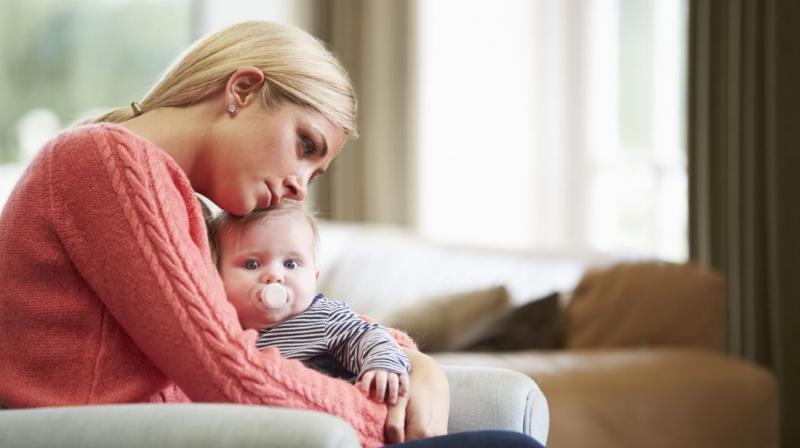Depressed parents may take kids to the doctor more often
Depressed parents balancing chaotic work schedules and family routines may choose to seek care.

Parents with depression may be more likely to take their children to the doctor than those without mental health problems, a UK study suggests.
When parents are depressed, kids are 41 percent more likely to visit the emergency room, 47 percent more likely to be admitted to the hospital and 67 percent more likely to have outpatient clinic visits than when parents aren’t depressed, researchers found.
“Our study did not explore the reason for the link between parents’ mental health and their children’s use of health services, however, there are several possible explanations,” said lead study author Kathryn Dreyer of the Health Foundation in London.
“Parental depression might be a consequence of prolonged illness in a child,” Dreyer said by email. “Additionally, parents with depression may require additional support to help them manage both their health and their children’s health and as a result may use more healthcare services.”
As reported in BMJ Pediatrics Open, Dreyer and colleagues reviewed one year of electronic health records for more than 25,000 patients registered with a multisite medical practice in London. This included 6,738 children up to 15 years old living in 3,373 households with parents ranging in age from 18 to 55.
Roughly 41 percent of kids lived in single-parent households, another 41 percent lived with both parents and about 19 percent lived with three or more adults.
Overall, almost 1,000 kids, or 16 percent, had a parent diagnosed with depression.
After researchers accounted for parents’ use of healthcare, parental depression was still associated with increased odds of children using health services.
When parents had consultations with general practitioners, kids were 7 percent more likely to see the family doctor than when parents didn’t have consultations of their own.
And, when parents had visited an emergency room for care, their children were 27 percent more likely to also have received emergency care at some point compared to children of parents who hadn’t gone to the emergency room.
The study wasn’t designed to prove whether or how parents’ own use of medical care or their depression might directly impact how often their children saw doctors. Researchers also lacked data on how much social support parents and children had from grandparents or other relatives, which might influence how often they received medical care.
While the reasons depressed parents seek more care for their kids are not clear from the study, the findings still underscore the importance of parents getting treatment for mental health disorders, said Dr. Katherine A. Auger, a researcher at Cincinnati Children’s Hospital Medical Center and the University of Cincinnati College of Medicine in Ohio, who wasn’t involved in the study.
It’s possible that children of depressed parents get more emergency and urgent care because they don’t get as many well-child checkups as kids whose parents are not depressed, and they’re sicker as a result, Auger said by email.
“Parents with depression may be more worried about their child’s symptoms and take them to the emergency department more frequently. It is also possible that parents of sicker children who need the emergency department may be more prone to depression,” Auger added.
“Depressed parents balancing chaotic work schedules and family routines may choose to seek care at the emergency department as opposed to general clinics because of the easier availability of the emergency department,” Auger noted.

